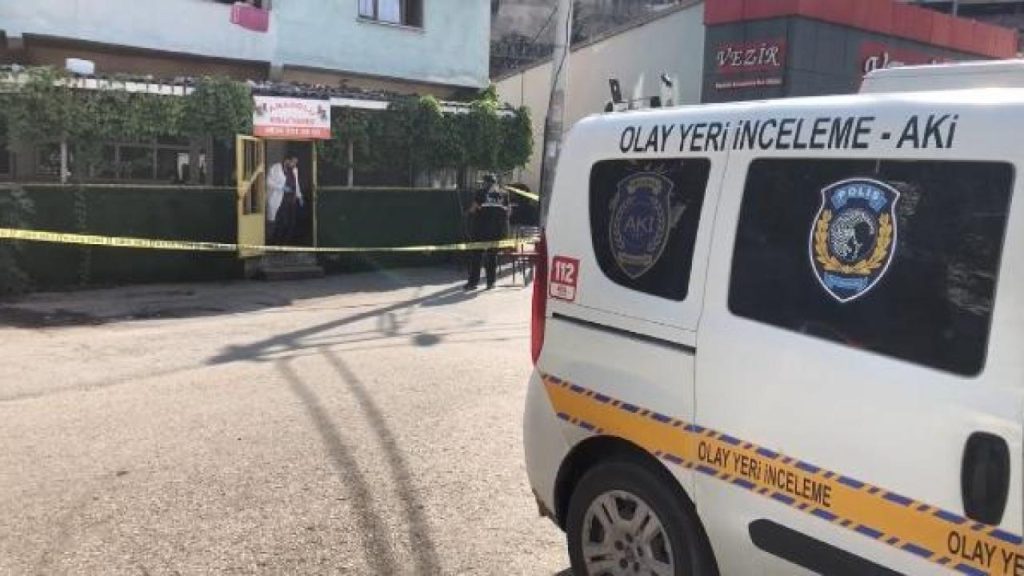A tenant in Turkey recently made headlines for his shocking defense after being accused of killing his landlord. The tenant claimed that he was justified in raising the rent, and that this was the reason for the conflict that ultimately led to the landlord’s death. This unusual defense has sparked outrage and discussion across the country, as people are grappling with the implications of a dispute over rent escalating to such a tragic outcome.
The incident took place in the city of Izmir, where the tenant had allegedly been living in the landlord’s property for several years. According to reports, the tenant claimed that he had been requesting a reduction in rent due to economic hardship, but that the landlord had refused to lower the rent. This disagreement reportedly led to increasing tensions between the two men, culminating in a violent altercation that resulted in the landlord’s death. The tenant’s defense that he was simply trying to negotiate a fair rent increase has raised questions about the power dynamics and conflicts that can arise in landlord-tenant relationships.
In response to the tenant’s defense, many people have expressed shock and disbelief that a dispute over rent could escalate to such a tragic and violent incident. The incident has sparked conversations about the importance of communication and conflict resolution in landlord-tenant relationships, and the potential consequences of disputes not being resolved in a peaceful and respectful manner. The situation has also highlighted the challenges that many people face in accessing affordable housing and dealing with financial difficulties, and the potential stress and strain that this can put on individuals and relationships.
The tenant’s defense has also triggered discussions about the legal and ethical implications of the case. Some have argued that no matter the circumstances, resorting to violence is never justified, and that there are legal channels and resources available for resolving disputes between landlords and tenants. Others have pointed out the complexities of the situation, including the economic pressures and inequalities that many people face, and the challenges of navigating landlord-tenant relationships in a fair and equitable manner. The case has prompted reflection on the need for better support and resources for individuals struggling with housing insecurity and financial difficulties.
In the aftermath of the incident, authorities are conducting a thorough investigation to determine the circumstances surrounding the landlord’s death and the tenant’s involvement. The tenant has been taken into custody and will likely face charges in connection with the incident. The case has sparked public interest and scrutiny, as people grapple with the implications of the tenant’s defense and the broader issues of housing insecurity, economic hardship, and conflict resolution. The incident serves as a sobering reminder of the importance of communication, empathy, and compassion in resolving disputes and building healthy and respectful relationships, both in the context of landlord-tenant dynamics and more broadly in society.


